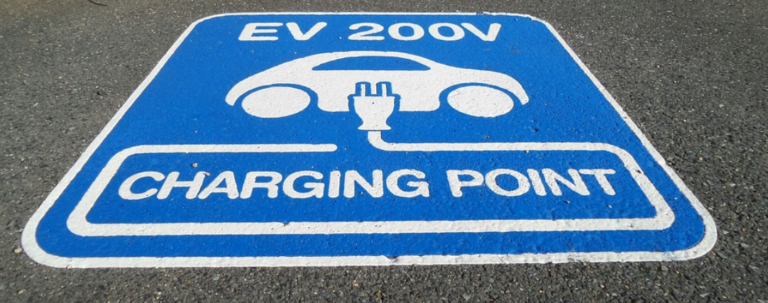Before you bring that beautiful Tesla or another electric car, you know you can’t simply rely on a public EV charging station. With the growing popularity of electric vehicles, it’s no surprise that more and more homeowners are opting to have their own charging stations. But professional Brunswick electricians explained to me that many owners make a mistake installing it.
That said, before you jump in headfirst, there are a few important factors to consider. From choosing the right type of charging station for your needs and budget to ensuring proper permits and licenses, this blog post will cover everything you can’t overlook when installing an EV charging station at home.
The Exact Type of EV Charging Station You Need

When it comes to selecting the right type of EV charging station for your home, we need to talk about your electric car’s battery size, budget, and how we can take advantage of the rebates and incentives many utility companies offer. Let me explain.
When it comes to your electric vehicle’s battery size, the chance is you just need to get the Level 1 charger, and that would be enough. However, if you have a larger battery or plan on purchasing one in the future, investing in a Level 2 charger is likely the best choice. Aside from that, you’ll also want to factor in your budget when choosing an EV charging station.
The Role of a Licensed Electrician
Hiring a licensed, reliable electrician is highly recommended in this case. The role of a licensed electrician cannot be overstated. This is because setting up such a system requires specialized skills and knowledge that only a qualified professional can provide.
We’re talking about their key responsibility that can ensure your electrical system’s capacity can handle the extra load that will come with charging your vehicle regularly. They will also ensure that all safety protocols are followed during installation. And let’s not forget that an experienced electrician knows how to comply with local codes, regulations, and standards when installing an EV charger in your home.
Proper Permits and Licenses
Speaking of local code compliance, installing an EV charging station at home has its certain rules. That said, obtaining proper permits and licenses is a crucial step that cannot be overlooked. This process ensures the installation adheres to local building codes and safety regulations.
Check with your city or municipality’s permitting department for specific requirements related to electric vehicle supply equipment (EVSE) installations. Next, prepare the necessary documentation required by your local authority. This might include the proposed charger installation location’s site plans or electrical schematics. Sometimes, you’ll deal with the fact that an inspection is needed before the permit is granted.
Power Source and Charging Speed
 It’s true that you can’t overlook the power source and charging speed. So consider your existing electrical capacity and ensure that your home’s electrical system can manage the extra load of an EV charger. If you’re looking for a faster charging time, you may need to upgrade your electrical panel or install a dedicated circuit for your EV charger.
It’s true that you can’t overlook the power source and charging speed. So consider your existing electrical capacity and ensure that your home’s electrical system can manage the extra load of an EV charger. If you’re looking for a faster charging time, you may need to upgrade your electrical panel or install a dedicated circuit for your EV charger.
This will not only improve the performance of your EV charger but also ensure safety during installation. Also, note that choosing an EV charger that matches your car’s needs is a must so that you get optimal performance out of both.
Installing an EV charging station at home can be a complex process, but it is well worth the effort for those who own electric vehicles. As more people turn to electric cars in an effort to cut off their carbon footprint and save money on fuel costs, investing in an EV charging station is becoming increasingly important.

